Book: The Hen Who Dreamed She Could Fly
Author: Sun-Mi Hwang
Pages: 144
Publication – Penguin USA
Price: Click the link
Introduction:
The Hen Who Dreamed She Could Fly is a novel by Sun-Mi Hwang, an eminent writer of South Korea. The book written in a fairy tale style is an adroit paean of freedom, individuality and a mother’s struggle and sacrifice for her offspring.
Sprout is the hen who dreamed to fly. She is depressed with her life within the confinement of a coop where she is used only as an instrument for laying eggs for humans. She longs desperately to be free and hatch her own egg.
“Her heart emptied of feeling every time the farmer’s wife took her eggs. The pride she felt when she laid one was replaced by sadness.”
Sprout dreams the impossible…she wishes to fly. Obviously, it is a metaphor. It is her fight for freedom, for motherhood, for validation.
From her coop, she keeps staring at the outer world, the world of the acacia trees, the other hens, the rooster and other pets who can roam freely. The acacia tree that changes itself with the changes of the season makes Sprout eager for a life of transformation, a mother with her own chicks.
Nomenclature:
She names herself Sprout. Though no one cares for the name she does as in her free heart she wishes to be like the sprout,
“Sprout was the best name in the world. A sprout grew into a leaf and embraced the wind and the sun…”
Her only dream is to hatch an egg of her own.
“She fantasized about sitting in a nest, on an egg, about venturing into the fields with the rooster, and about following the ducks around.”
Throughout this fiction, her deep desire to hatch an egg reverberated through the initial chapters.
“She had only one wish, to hatch an egg and watch the birth of a chick. It was an ordinary wish, but now she was dying before she could fulfil it.”
Sprout a universal mother figure:
“A sprout is the mother of flowers,” Sprout explained. “It breathes, stands firm against rain and wind, keeps the sunlight, and rears blindingly white flowers. If it weren’t for sprouts, there’d be no trees. A sprout is vital.”
She proves it recurrently in this novel in her incessant trial to keep her baby safe and secure.
When the farmer throws away her useless body as she cannot lay any eggs for five conspicuous days, she comes back from the death trap, from the mouth of a hungry weasel with her courage and the help of a Mallard, the straggler. Though she gets her freedom from the coop, her life’s struggle does not end but starts. Other members of the barn do not accept her and she has to roam about helplessly. Finally, she finds an abandoned egg in a Briar Patch and with tenderness and pleasure plans to hatch it. The egg she hatches for several days with pride and cautiousness is not her. But, she feels the motherly joy and affection for it that regulates her life. Her consistent strive to protect her baby from all the adversities and bondage, from the fear of weasel and death keeps her daunting spirit of motherhood aflame.
Nature, the Ultimate Power-holder:
This story is again focused on the great exposure to the description of nature and serenity of mood regardless of the viciousness of prowling hunters.
“Although a precious life was snuffed out in an instant, the world was serene. The trees, stars, moon, and grass were hushed as though they’d witnessed nothing.” When her best friend and well-wisher, the Mallard, dies she feels a tremendous loss but continuous confrontation with death makes her hard enough to cope with the reality,
“In various parts of the fields, things happened without interruption. Someone died, and someone was born. Sometimes a farewell and a greeting happened at the same time. Sprout knew she couldn’t be sad for long.”
Moral Fable:
This book is a moral fable. The egg she hatches is a mallard, the wild duck whom she names Greentop who topples over the blue sky in a frenzied motion keeping Sprout staring at him in pride and affection. But Sprout has to allow him to go with his pack for his security and loneliness. With her life she protects him and when the time comes she let him go with his own species, her own kindred, squeezing her heart.
At the end of her life, she realizes another dream, that she cherishes within her without knowing.
“Now I want to fly away! I want to go far away like Greentop!”
Her son’s departure takes away her desire to struggle anymore. She let her die, to be the food of the weasel, whom she dodges too long.
“Go on, eat me,” she urged. “Fill your babies’ bellies.” She closed her eyes
Alvina’s Verdict:
It reminds me of Animal Farm by Orwell. It narrates a symbolic journey that every soul has to take to find redemption, struggling with all the adversities that life throws in front of us. I sit mesmerized at Sprout’s strength and indomitable courage, at her dogged determination.
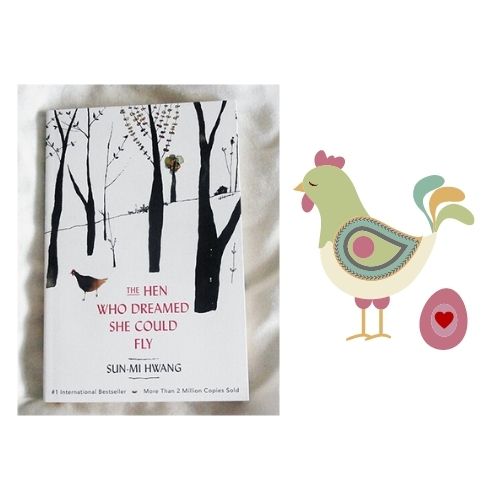
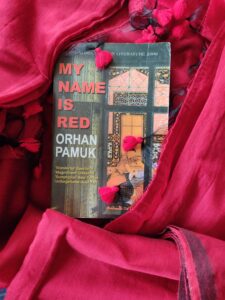

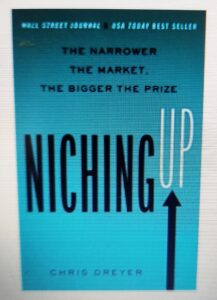

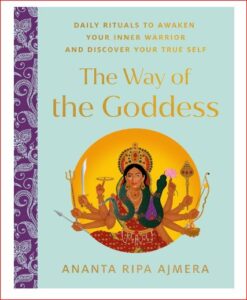
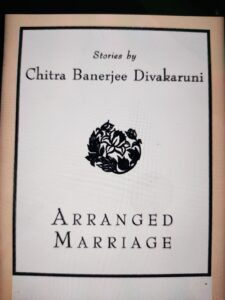
Quality posts is the important to attract the visitors to go to see the web page, that’s what this website is providing.
Pingback: Life and Works of Rachel Carson blogalvina.com